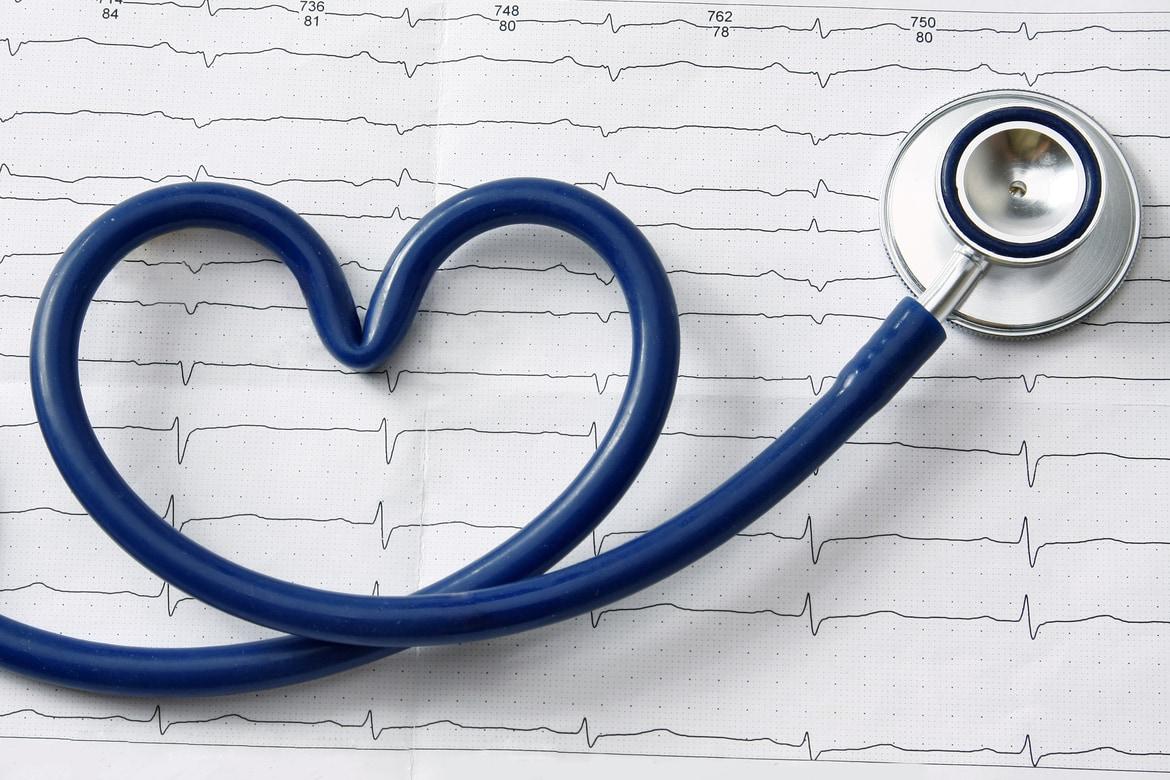
Chronic Heart Diseases
How are chronic heart diseases diagnosed?
To diagnose any type of heart disease, your doctor will first ask about your family and medical history to determine any risk factors.
Your doctor may also perform the following tests:
- Blood tests to identify biomarkers that may indicate or eliminate certain health conditions, and check your levels of cholesterol, triglycerides, sugar and other risk factors.
- Stress test, which involves running or walking on a treadmill to determine how well your heart responds during exertion, and whether blood supply in the arteries is sufficient.
- Chest X-ray to check for abnormalities such as an enlarged heart or distorted artery.
- Echocardiogram, which uses ultrasound to check heart muscle and valve function and identify abnormalities.
- Electrocardiogram (ECG), which records your heart's electrical activity through electrodes (small, plastic patches that stick to the skin).
- Cardiac magnetic resonance imaging (cardiac MRI), a non-invasive procedure that uses magnets and radio waves to produce detailed images of your heart.
- CT coronary angiogram, a non-invasive scan that uses a contrast dye and X-rays to produce detailed images of your heart's arteries.
- Coronary angiography, an invasive procedure that uses a contrast dye and X-rays to see how blood flows through your heart's arteries.
- Holter monitoring test, a non-invasive test that records electrical activity of the heart continuously for 24 hours or longer.
How are chronic heart diseases treated?
In general, some heart diseases can be prevented or treated by healthy lifestyle changes. If lifestyle changes are not enough, medication and surgery may be what you need.
Medication
Your doctor may prescribe certain medication to help you manage your heart disease. Examples include statins, ACE inhibitors or beta-blockers. The type of medication you receive will depend on the type of heart disease.
Surgery
Your doctor may also recommend specific procedures or cardiothoracic surgery. The type of procedure or surgery will depend on the type of heart disease.
Make an appointment with our cardiologists for an accurate diagnosis to draw up your treatment plan.
This coverage checker is brought to you by Health Insured, an online resource that helps you understand your health coverage in Singapore.
This page has been reviewed by our medical content reviewers.
Need help?
For enquiries, please call
+65 6250 0000 (Orchard) or +65 6898 6898 (Novena)
For appointment bookings, please WhatsApp
+65 8111 7777 (Orchard) or +65 8111 5777 (Novena)
 Brain & Spine Care
Brain & Spine Care






